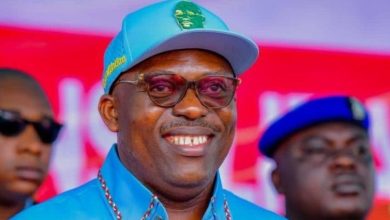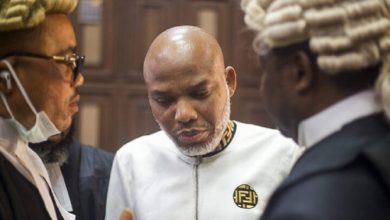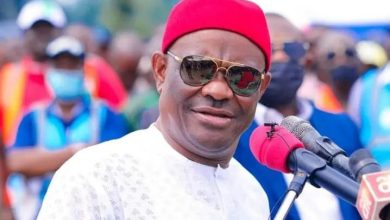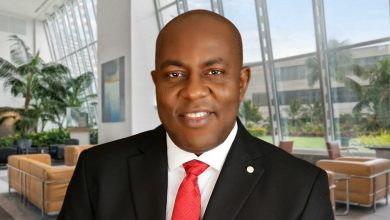FG Push for Inclusive and Gender-Sensitive Education Nationwide
Education ministry urges state collaboration to foster safe learning spaces for every Nigerian child.
Stakeholders asked to enforce policies that protect vulnerable students and promote equal access.
The Federal Government, in collaboration with key education stakeholders, has launched a renewed effort to promote inclusive, safe, and gender-sensitive learning environments across Nigeria. This initiative, aimed at creating equitable access to education for all learners, was unveiled during a capacity-building workshop held in Abuja on Thursday.
Organized by the National Senior Secondary Education Commission (NSSEC), the workshop brought together Special Education Desk Officers from the 36 states and the Federal Capital Territory (FCT). The theme of the event, “Promoting Inclusive, Safe, and Gender-Sensitive Learning Environments for All,” underlined the federal government’s focus on transforming educational spaces to be more inclusive and sensitive to gender and individual needs.
Speaking at the event, Minister of State for Education, Professor Suwaiba Ahmad, emphasized the importance of joint efforts from school proprietors, development partners, and state governments in realizing the vision of inclusive and gender-responsive schools. Represented by the Deputy Director of the Science and Technology Department in the Ministry of Education, Mr. Kehinde Osinaike, the minister encouraged all participants to see themselves as vital agents of change.
“This workshop marks a pivotal step toward translating inclusive and gender-based education policies into actionable practices in classrooms and communities,” she said.
Ahmad pointed out that two major policies, the National Policy on Inclusive Education and the National Policy on Gender Education have been developed to tackle systemic barriers that hinder learning for marginalized groups. These include learners with disabilities and children from disadvantaged backgrounds.
“The inclusive education policy seeks to eliminate obstacles that restrict access to quality education, while the gender policy aims to close the gap between boys and girls in educational access and achievement,” she explained.
However, she noted that having the right policies is not enough. “Policies without proper implementation are nothing more than words. We must ensure that these policies are actively applied and reflected in everyday school activities,” she added.
The minister also reaffirmed President Bola Ahmed Tinubu’s administration’s dedication to improving educational outcomes for all Nigerian children, regardless of their circumstances. She stressed that inclusive and gender-sensitive education is essential for national development and social cohesion.
In his remarks, the Executive Secretary of the NSSEC, Dr. Iyela Ajayi, underscored the need for empowering education desk officers with modern tools and knowledge to effectively promote inclusivity in schools. According to him, the workshop is designed to build the capacity of these officers, especially in tackling issues like gender-based violence and other challenges faced by vulnerable learners.
“For real change to occur, we must strengthen the people who are closest to the schools and communities. These desk officers play a crucial role as the bridge between policy and practical implementation,” Ajayi said.
He further highlighted the vision of NSSEC to make senior secondary schools across the country safe havens of learning, where students from all walks of life are treated with dignity and respect.
“Our aim is to ensure that every child regardless of gender, disability, or background feels protected, included, and valued in our school system,” he added.
Ajayi concluded by describing the Special Education Desk Officers as the true champions of inclusive education. “You are not just observers; you are advocates and enforcers of change. Your work will determine whether these noble policies bear fruit,” he said.
The workshop continues as stakeholders work on practical frameworks and strategies to embed inclusive and gender-sensitive practices in the nation’s education sector.



